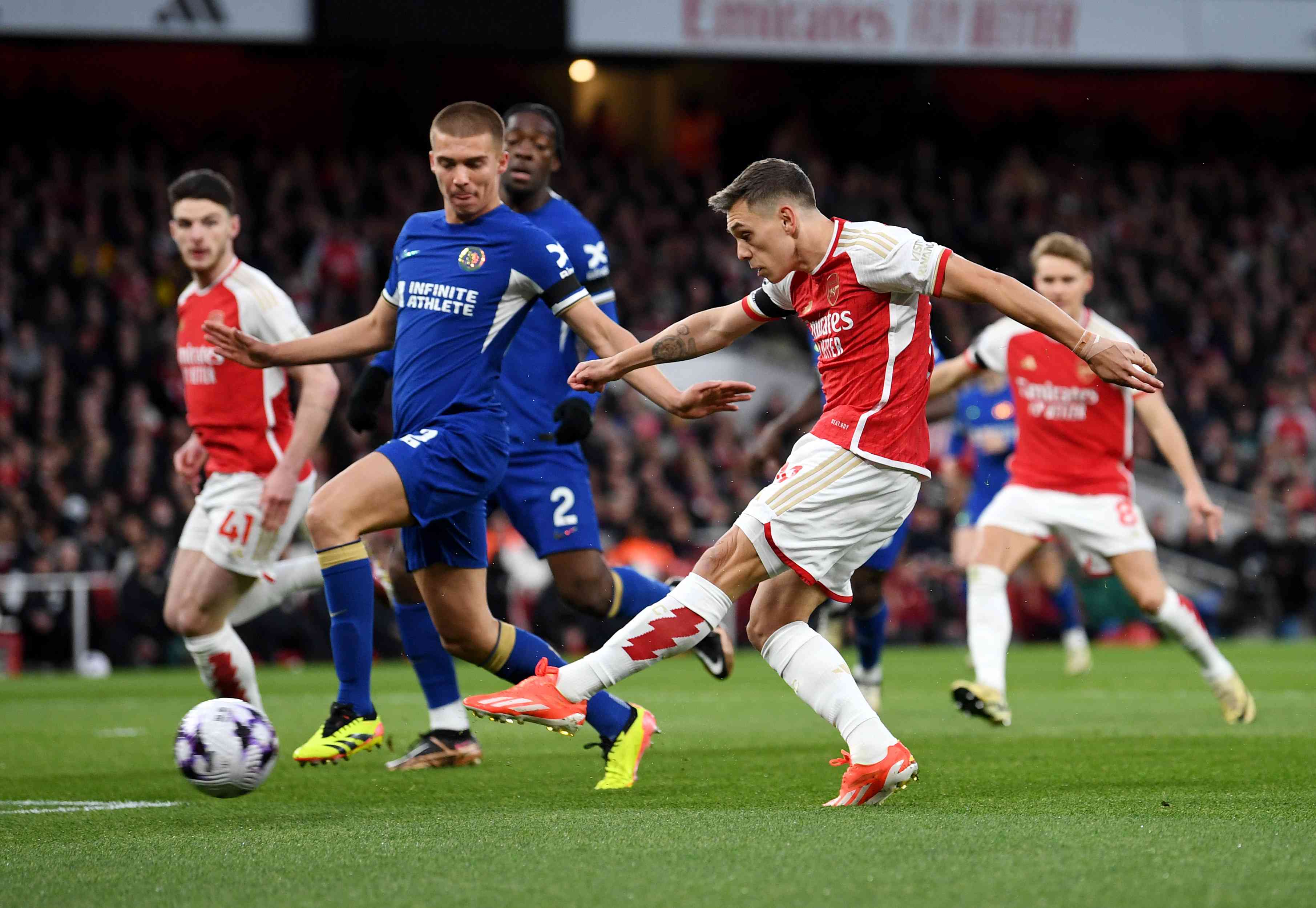This week President Uhuru Kenyatta announced the formation of the Jubilee Party. The structure of the party will mirror that of African parties past – a national level secretariat mirrored at the county level. The party will also have youth and women leagues. This is no different than what we have seen in Zambia’s UNIP, Tanzania’s TANU (then CCM) or our very own KANU. The party also aims to have a strong grassroots representation in all corners of the country.
This is all good for Kenya’s political development. For a long time Kenyan politics have been characterised by too much party volatility. The lack of strong parties has meant that politicians run campaigns and serve in office unconstrained by the disciplining structures that strong parties can potentially offer.
That said, the success of the Jubilee Party in institutionalising party politics remains uncertain. That is because by going for a strong grassroots party, Jubilee leaders have ignored a critical weak link in Kenya’s party politics – Parliament.
Let me explain. Generally speaking, there are two kinds of political parties: Parliamentary parties (or elite parties) or extra-Parliamentary parties (mass-based parties). Parliamentary parties typically originate from coalitions formed among serving members of Parliament.
They are essentially cartels within which elites regulate their political behaviour with a view of staying in office. Mass parties on the other hand are typically based on popular participation. They include strong input from politicians and regular members. In other words, under mass parties elected politicians are not always the most powerful members.
The two-party dichotomy is obviously a gross oversimplification. In reality parties have a mix of both characteristics. But it is important to know what the extremes are to fully appreciate why context matters for party success.
In our case, we have actually tried both party systems. Under President Jomo Kenyatta, KANU was essentially a Parliamentary party that was a loose coalition of different de facto district-based political units. Under Moi KANU was a stronger party, especially after the mid-1980s when in an attempt to grab power from district elites Moi aggressively moved to recentralise power at the national headquarters.
The reason I brought in Parliament as a variable to consider is because party strength has significant implications for the continued institutionalisation of Parliament. In democracies as young as ours, strong extra-Parliamentary parties often result in the weakening of Parliament. A strong party led and captured by the executive branch (or opposition leaders) produces a scenario in which legislators get direct orders from State House (or the opposition party leadership). It also means the leadership of the executive can influence outcome of Parliamentary elections. This, by definition, weakens Parliament. It is no wonder that Kenyan Parliament was relatively stronger under Kenyatta than under Moi.
For these reasons self-interested Jubilee Members of Parliament will probably think twice before fully committing to the new party.
Therefore, to succeed the Jubilee Party leadership must find ways of calming fears of MPs who are wary of losing their political independence to the party. And for the sake of our democracy, the party leadership must openly assure Kenyans that the strengthening of the new party will not result in a party-state. The State and the ruling party must remain separate.
President Kenyatta neatly summarised the sorry state of our parties – they are no more than weak special purpose vehicles to get politicians in office. I hope the evolution of the Jubilee Party will contribute to a strengthening of both our party-system and Parliament.
 The Standard Group Plc is a multi-media organization with investments in media
platforms spanning newspaper print operations, television, radio broadcasting,
digital and online services. The Standard Group is recognized as a leading
multi-media house in Kenya with a key influence in matters of national and
international interest.
The Standard Group Plc is a multi-media organization with investments in media
platforms spanning newspaper print operations, television, radio broadcasting,
digital and online services. The Standard Group is recognized as a leading
multi-media house in Kenya with a key influence in matters of national and
international interest.
 The Standard Group Plc is a multi-media organization with investments in media
platforms spanning newspaper print operations, television, radio broadcasting,
digital and online services. The Standard Group is recognized as a leading
multi-media house in Kenya with a key influence in matters of national and
international interest.
The Standard Group Plc is a multi-media organization with investments in media
platforms spanning newspaper print operations, television, radio broadcasting,
digital and online services. The Standard Group is recognized as a leading
multi-media house in Kenya with a key influence in matters of national and
international interest.






